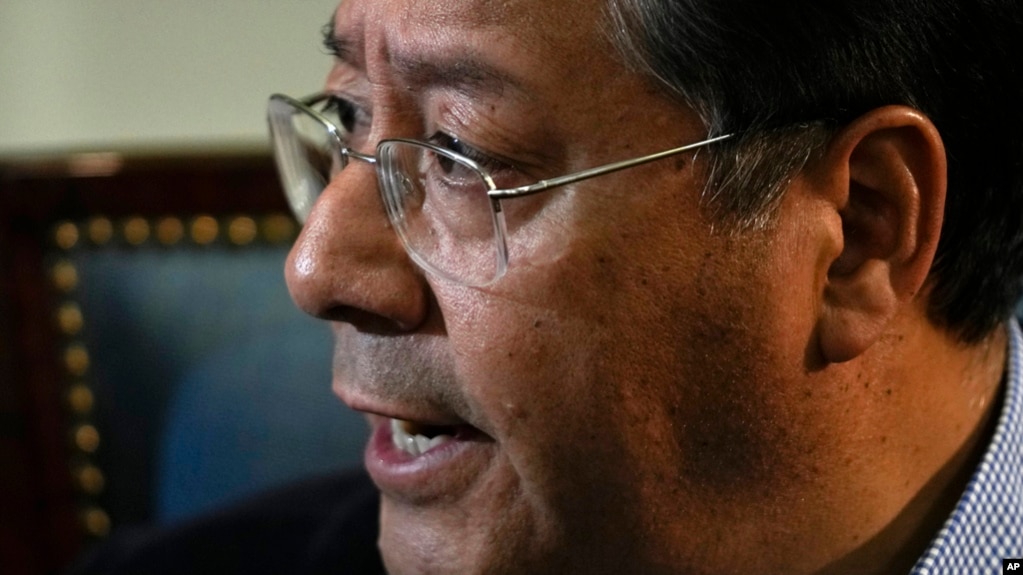
JUN 29, 2024
MELBOURNE - Australian Prime Minister Anthony Albanese called social media companies arrogant and irresponsible, as the government’s battle to have Meta Platforms Inc. continue to pay local media organisations for content escalated.
Meta’s regional policy director Mia Garlick told a parliamentary committee on June 28 that “all options were on the table,” when asked whether the company would ban news on its platforms if the government determined it fell under the news media bargaining code, the Australian Financial Review reported.
Under the code, introduced in 2021, Assistant Treasurer Stephen Jones could “designate” Meta, pushing the company into discussions for payment with news organisations, or risk fines of 10 per cent of its Australian revenue.
“They have a responsibility to keep news on their platforms,” Mr Albanese said at a media conference in Melbourne on June 29.
“The arrogance that’s been shown by these international social media companies is not aligned with the social responsibility that they have.”
Alphabet Inc. and Meta in 2021 struck deals to pay several Australian news organisations for content, however Meta said early this year it would not renew its commercial deals.
Media companies Seven West Media Ltd. and Nine Entertainment Co. this week pointed to the expiry of the deal among the reasons they will cut jobs.
Yes, I would also like to receive SPH Media Group's
SPH Media Limited, its related corporations and affiliates as well as their agents and authorised service providers. marketing and promotions.
“They should fulfil the commitments that they had previously given,” Mr Albanese said. BLOOMBERG






:quality(70):focal(2181x829:2191x839)/cloudfront-eu-central-1.images.arcpublishing.com/irishtimes/LJ3ANSZE65GNFDUYKEH4ODAJTA.JPG)
:quality(70)/cloudfront-eu-central-1.images.arcpublishing.com/irishtimes/5FDEGPGX2FG6LEMXL3Q4TH2FDQ.JPG)
:quality(70):focal(2357x1461:2367x1471)/cloudfront-eu-central-1.images.arcpublishing.com/irishtimes/BAC33Q46NRZW3KUSRGA2PYJBVA.jpg)
:quality(70):focal(2240x150:2250x160)/cloudfront-eu-central-1.images.arcpublishing.com/irishtimes/W2XNL2FM6F3FUC3BIFGYP5QNRQ.jpg)
:quality(70)/cloudfront-eu-central-1.images.arcpublishing.com/irishtimes/VZPPLYDORBBXXBAPFSY64DZ6FE.JPG)


